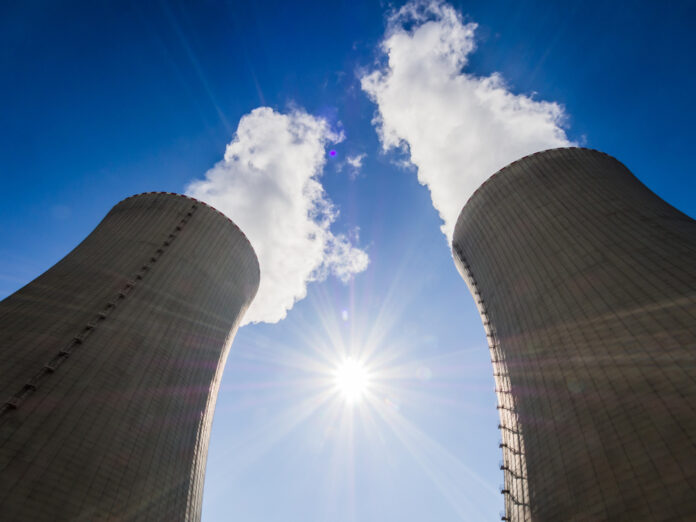Sustainability group Center for Energy, Ecology, and Development (CEED) has raised strong objections to the Department of Energy’s (DOE) draft circular proposing the integration of nuclear energy into the national power mix, particularly the exemption of the country’s first nuclear power plant from the Competitive Selection Process (CSP).
The DOE draft, released earlier this week, seeks to encourage the development of various nuclear technologies including small modular reactors (SMRs), micro-modular reactors (MMRs), and floating nuclear facilities. Central to CEED’s concern is a provision that would allow the first operational nuclear plant to bypass CSP rules, which are designed to ensure least-cost, transparent, and competitive procurement of power by distribution utilities.
“The DOE is setting a dangerous precedent,” CEED executive director Gerry Arances said Wednesday. “Exempting nuclear power from CSP undermines transparency and exposes consumers to potentially costly and risky energy projects.”
The CSP, mandated by government policy, requires distribution utilities to solicit at least two qualified bids before entering into power supply agreements, allowing direct negotiations only after two failed bidding rounds.
Arances warned that pushing through with nuclear without full due diligence may compromise public safety and cost-efficiency, especially given the Philippines’ vulnerability to natural disasters. He emphasized that the country has a renewable energy potential of about 1,200 gigawatts and called for prioritizing indigenous and sustainable power sources over “high-risk technologies.”
The DOE’s draft circular characterizes the first nuclear facility as a “pioneer project,” recommending it be granted special treatment such as market priority dispatch and a “conducive and competitive environment” to encourage investment. However, CEED argues that this special treatment disregards the principles of fair competition and public accountability.
The draft follows the recent ratification of the Philippine National Nuclear Energy Safety Act, which establishes a regulatory body for nuclear oversight. While no timeline has been set for the circular’s approval, its policy implications are already stirring significant public debate.







